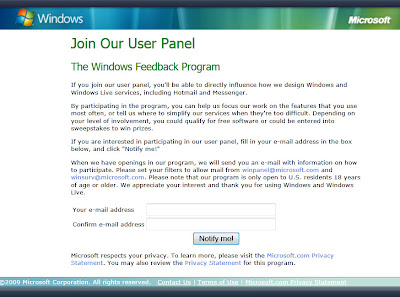30 specialist (and super smart) search engines

Google is widely (and rightly) recognised as the mother of all search engines. But, if you need to drill down your searches by more specific details, do you trust Google to give you what you need every single time? Here’s a collection of 3o vertical search engines which you should have up your sleeve when you need some specialist power. Flights / Travel 1. SkyScanner.net – The leading flights search engine, providing information about all carriers to help you find the best deal. 2. Momondo.com – Very similar to SkyScanner and with an added ‘current searches’ widget to see what flights other people are searching for. (Particularly handy in Europe!) 3. Hipmunk - The San Francisco-based startup that’s swiftly revolutionizing trip-planning for savvy travelers with flights, trains and hotel search. Blogs 4. IceRocket.com – Searches for content from blogs, Twitter, Facebook and more. 5. BlogPu...









